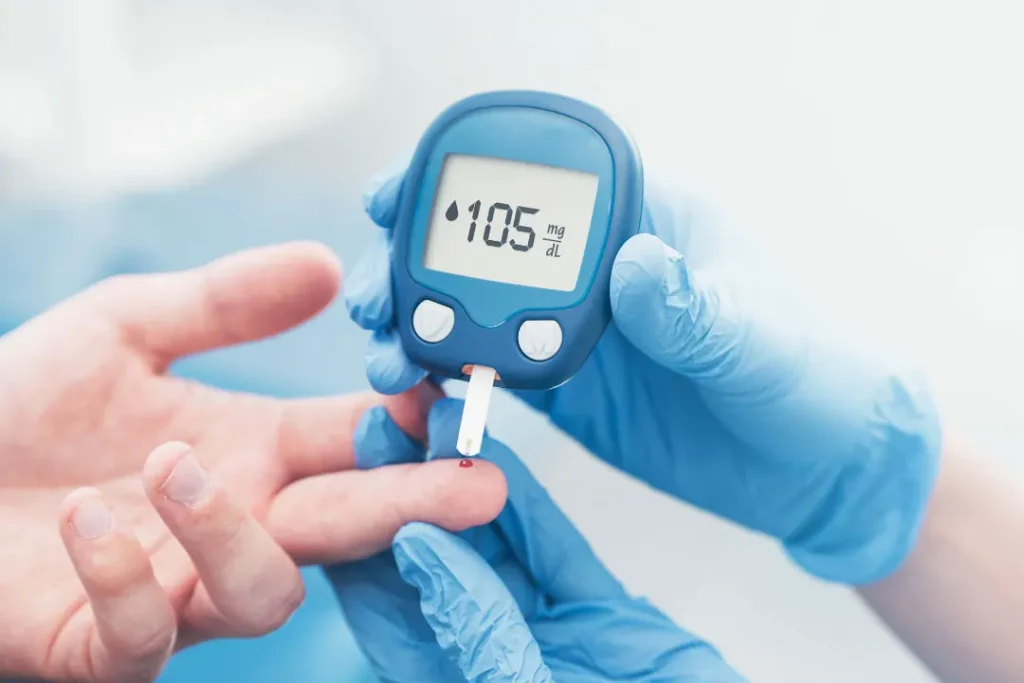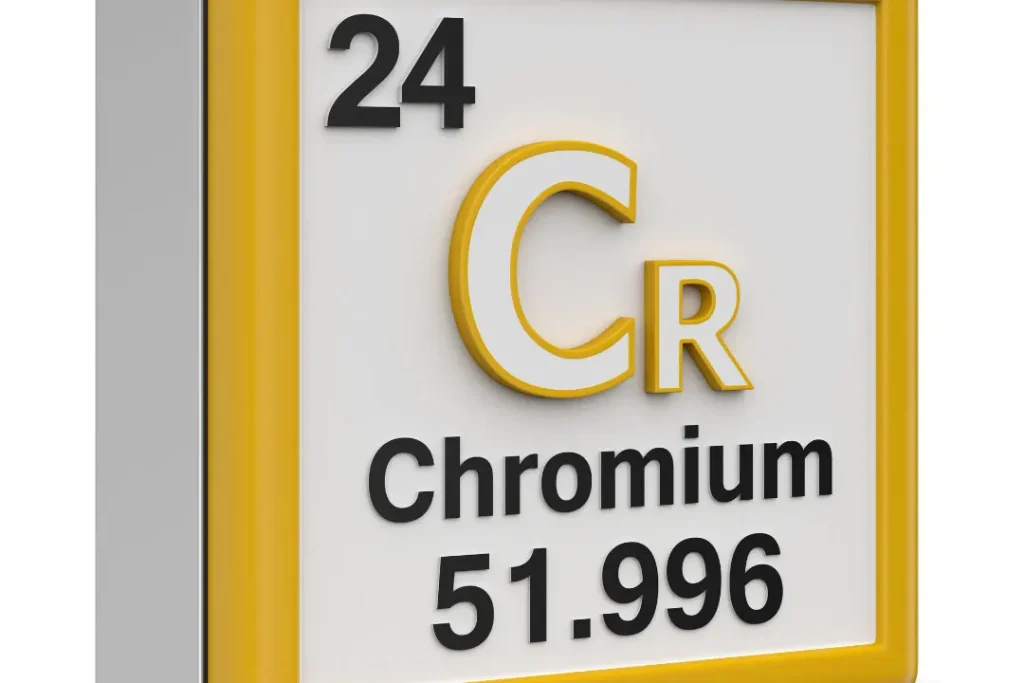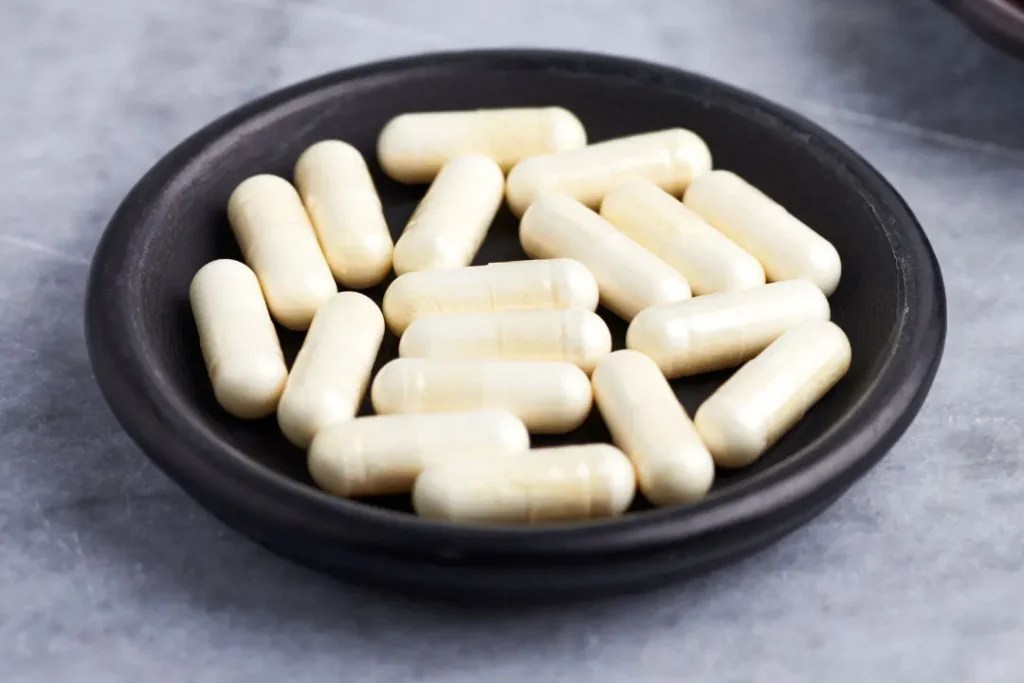Goldenseal, Oregon grape, and barberry are just a few of the plants that contain the naturally occurring alkaloid berberine. Berberine has been used for thousands of years in traditional Chinese medicine, and it has a notable blood-glucose-lowering effect, antioxidant, and anti-inflammatory properties, and also some potential cognitive-improving effects. The nature of berberine, its health advantages, ideal dosage, negative effects, possible drug interactions, and responsible use for improving alertness, focus, and cognition will all be covered in this article.
You May Also Like:
Nootopia Brand vs MyPEAK Brand: Best Nootropic Supplements Compared
Natural Stimulants: Top 7 Supplements to Keep You Awake, Aware, and Focused
Nature of Berberine
The isoquinoline family of alkaloids includes the yellow-colored berberine. It is soluble in water and has a bitter flavor. Several plants, such as Berberis vulgaris (barberry), Hydrastis canadensis (goldenseal), and Mahonia aquifolium (Oregon grape), contain berberine in their roots, stems, and bark.
Health Benefits of Berberine
1. Glucose-Lowering Effects: Type 2 diabetics have shown decreased blood glucose levels after using berberine. It achieves this by boosting glucose absorption, improving insulin sensitivity, and decreasing hepatic glucose synthesis.
2. Lipid-Lowering Effects: Berberine has also been demonstrated to reduce blood lipid levels, including cholesterol and triglycerides. It accomplishes this by decreasing the expression of genes involved in lipid synthesis, limiting the absorption of dietary fats, and boosting the excretion of bile acids.
3. Anti-inflammatory Effects: Berberine can prevent the generation of pro-inflammatory cytokines such as tumor necrosis factor-alpha (TNF-alpha) and interleukin-6 (IL-6), thus, reducing inflammation.
4. Anti-cancer Effects: Berberine has anti-cancer properties by preventing cancer cells from proliferating, inducing apoptosis (programmed cell death), and preventing angiogenesis (the formation of new blood vessels that tumors need to grow).
5. Cognitive-Enhancing Effects: Berberine has been demonstrated to improve rats’ spatial learning and memory by raising the expression of brain-derived neurotrophic factor (BDNF). This protein encourages the survival and proliferation of brain neurons.

Chemistry of Berberine
The peculiar chemical composition of berberine adds to its pharmacological characteristics. It is a positively charged quaternary ammonium salt that may interact with negatively charged molecules including DNA, RNA, and proteins. The molecular nature of berberine also makes it simple for it to pass across cell membranes and interact with intracellular targets.
Physiological Mechanism of Action of Berberine
As stated previously, berberine has the ability to reduce blood sugar and lipid levels as well as to reduce inflammation and fight cancer. Although the precise mode of action of berberine is unclear, it is thought to involve the AMP-activated protein kinase (AMPK) pathway.
An essential part of controlling cellular energy metabolism is the enzyme AMPK. The AMP/ATP ratio rises due to berberine’s inhibition of complex I of the mitochondrial respiratory chain, which in turn activates AMPK. This rise in the AMP/ATP ratio turns on AMPK and drives mitochondrial biogenesis, glucose absorption, and fatty acid oxidation.

Optimal Dosage of Berberine
The best amount of berberine to take depends on you and your intended outcome. The majority of trials, however, have employed daily dosages between 500 and 1500 mg. You should always start with a lower dose and gradually increase it. Also, it is advised to take berberine with meals to improve absorption and lessen the possibility of adverse gastrointestinal effects.
Side Effects of Berberine
Even though consumed at authorized dosages, berberine is usually regarded as safe yet mild gastrointestinal side effects can still occur. Berberine should only be used with caution in patients who are taking blood thinners, statins, or antidepressants due to the potential for interactions. Supplements like chromium and alpha-lipoic acid that influence glucose metabolism may also interact with berberine.

Potential Substance Interactions of Berberine
Many drugs and supplements, such as blood thinners, statins, antidepressants, and supplements that impact glucose metabolism, can interact with berberine, as was previously mentioned. If you are using any drugs or dietary supplements, it is crucial to speak with a healthcare provider before consuming berberine.

Best Responsible Use of Berberine
It is crucial to pick a high-quality source of berberine that is prepared to promote absorption and bioavailability when thinking about the appropriate use of berberine. One of the best sources of berberine on the market is myPEAK Wellness, a supplement sold by myPEAK Supplements.
Its formulation is synergistic and extremely bioavailable. This product is made with BioPerine®, a patented kind of black pepper extract that has been proven to improve nutrient absorption, and each serving contains 500 mg of berberine.
Berberine:
Conclusion
Berberine can be naturally found in certain fruits such as Oregon grape and barberry and it has long been used in traditional Chinese medicine (TCM). Berberine’s health benefits include lowering your blood glucose and lipid level, anti-oncological properties, and some cognitive-enhancing effects. Berberine reduces blood sugar by effectively boosting glucose absorption in the body and improving insulin sensitivity. Research has shown that the body has a better insulin response and prevents gluconeogenesis in the liver. To know what dosage and combination works best for you, do seek medical advice from a doctor. Do source berberine supplements from a trustworthy and reputable seller such as myPEAK Wellness from my myPEAK supplements.
Important Note: The information contained in this article is for general informational purposes only, and should not be construed as health or medical advice, nor is it intended to diagnose, prevent, treat, or cure any disease or health condition. Before embarking on any diet, fitness regimen, or program of nutritional supplementation, it is advisable to consult your healthcare professional in order to determine its safety and probable efficacy in terms of your individual state of health.
Regarding Nutritional Supplements Or Other Non-Prescription Health Products: If any nutritional supplements or other non-prescription health products are mentioned in the foregoing article, any claims or statements made about them have not been evaluated by the U.S. Food and Drug Administration, and such nutritional supplements or other health products are not intended to diagnose, treat, cure, or prevent any disease.


